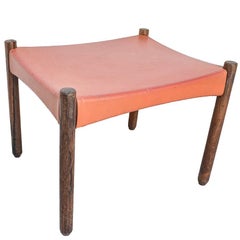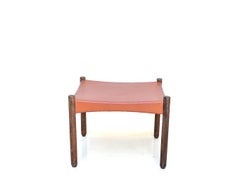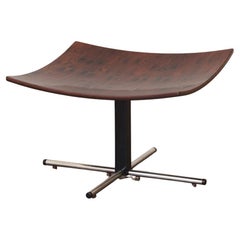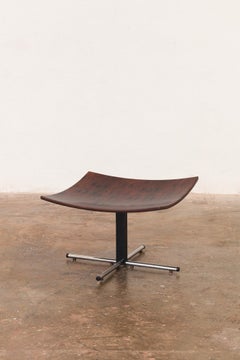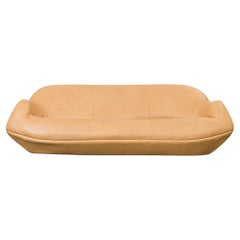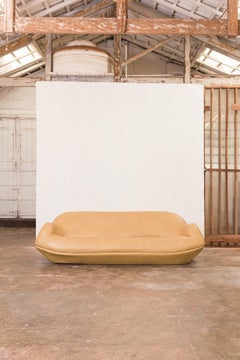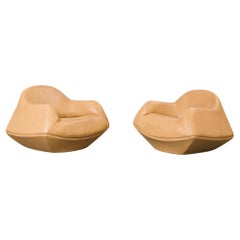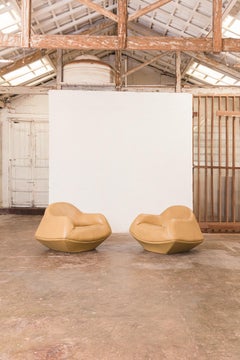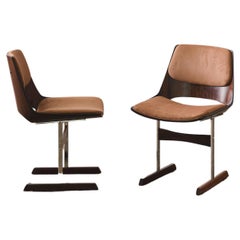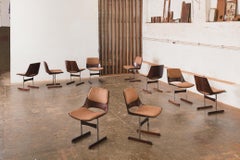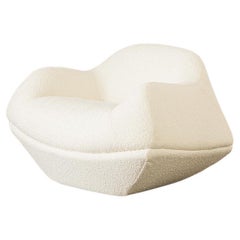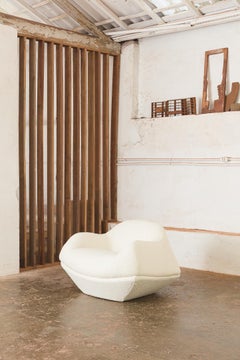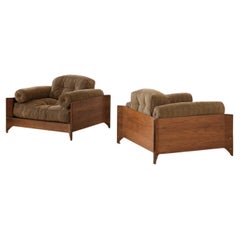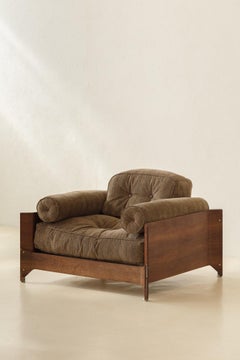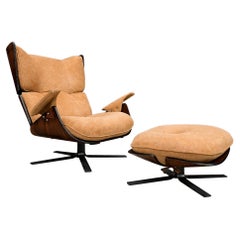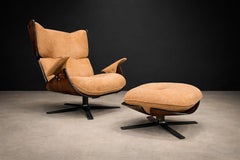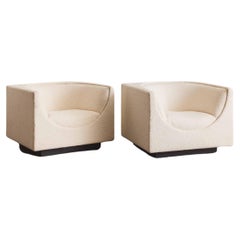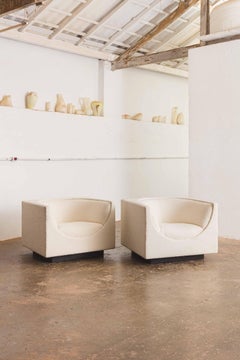Jorge Zalszupin stools are available for sale on 1stDibs. These distinctive items are frequently made of
wood and are designed with extraordinary care. There are many options to choose from in our collection of Jorge Zalszupin stools, although brown editions of this piece are particularly popular. Many of the original stools by Jorge Zalszupin were created in the
mid-century modern style in
south america during the
mid-20th century. If you’re looking for additional options, many customers also consider stools by
Sergio Rodrigues, and
Lina Bo Bardi. Prices for Jorge Zalszupin stools can differ depending upon size, time period and other attributes — on 1stDibs, these items begin at
$4,800 and can go as high as
$4,800, while a piece like these, on average, fetch
$4,800.
